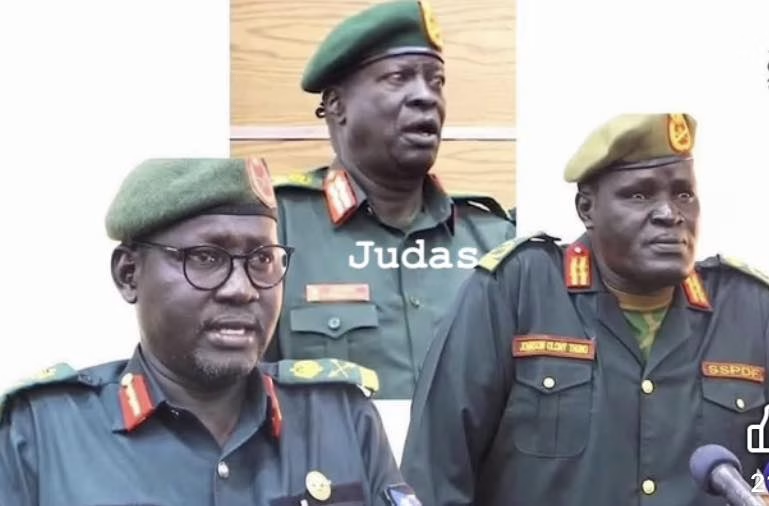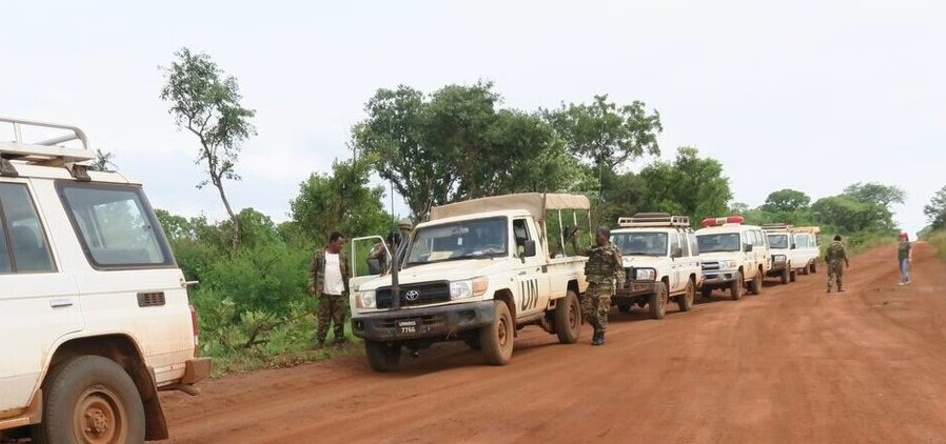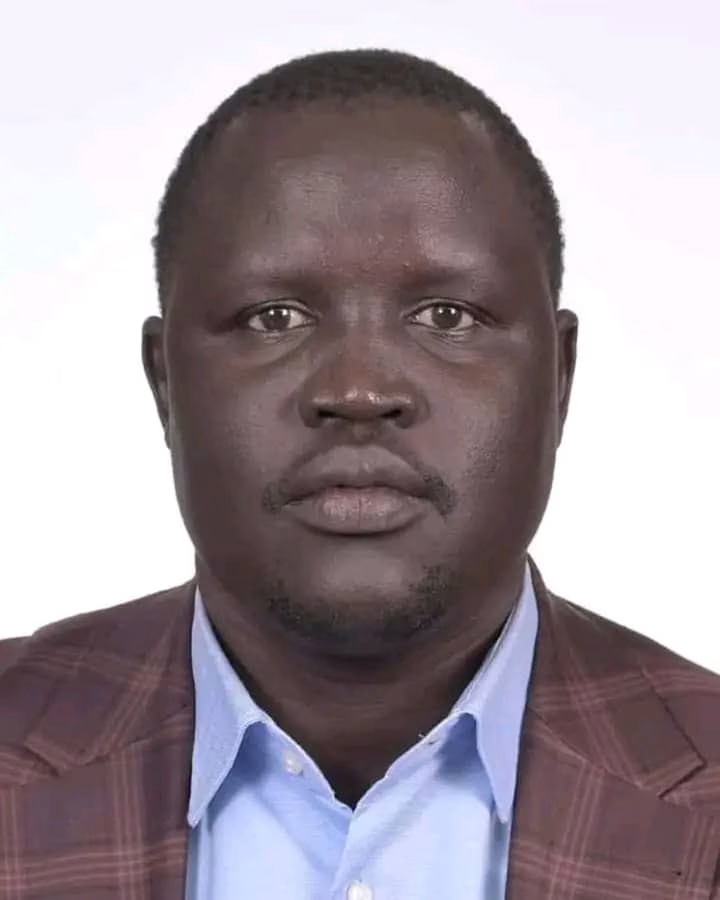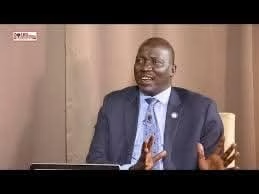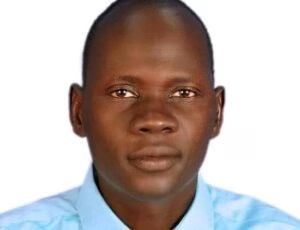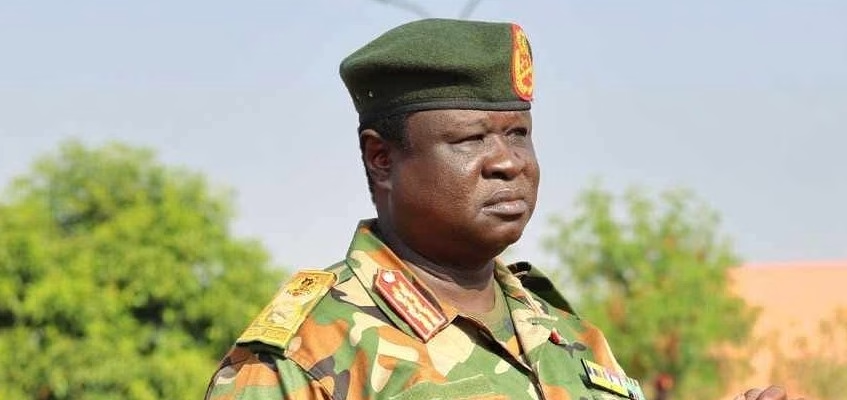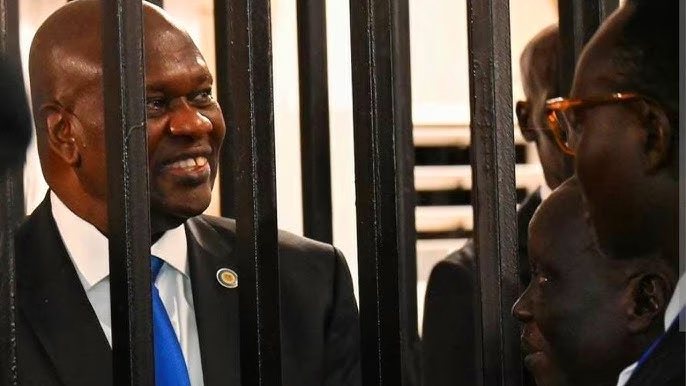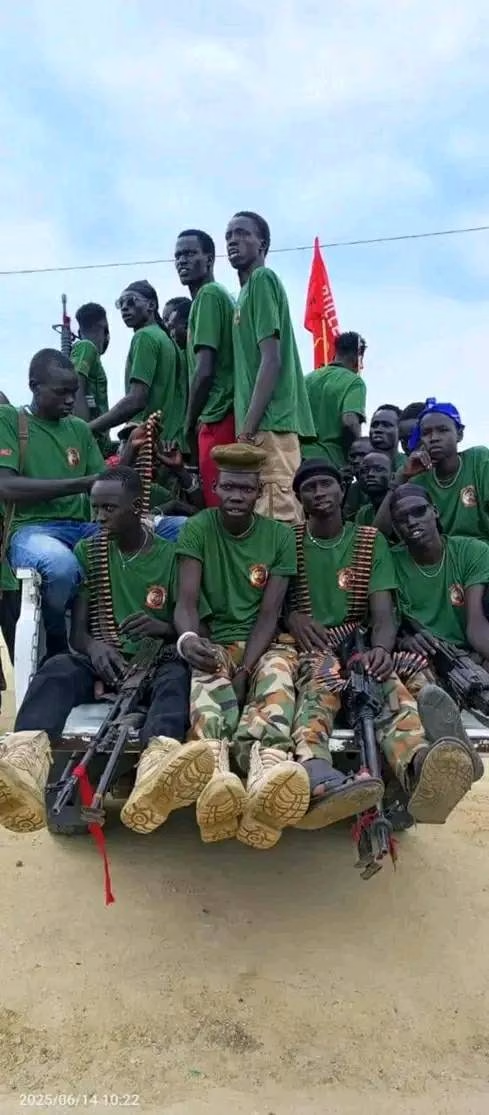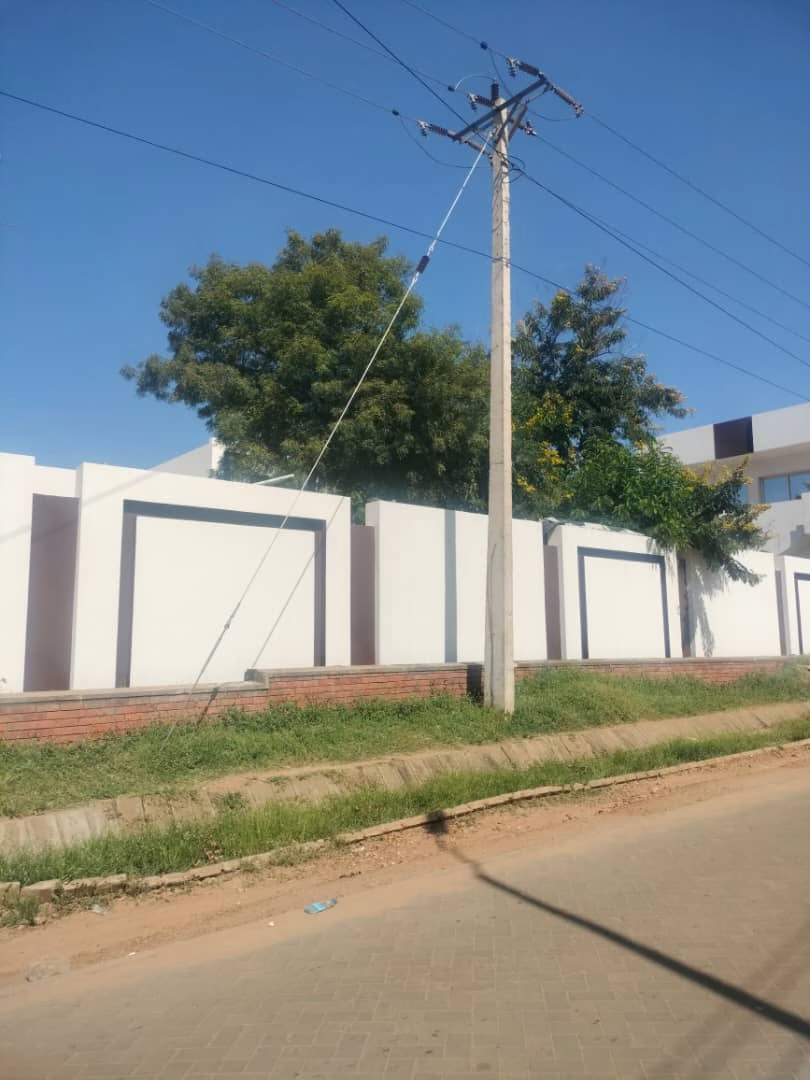By Dr. Deng Bol Aruai Bol
There is an old strategy that rulers have used throughout history: “Use a slave to kill a slave.” It is a method of control where the oppressed are turned against each other, ensuring that power remains in the hands of the ruling elite. Instead of confronting resistance directly, those in power manipulate individuals from the same group to fight and destroy one another.
This way, the system remains intact, and those truly responsible for oppression never face accountability.
South Sudan’s history is full of examples of this tactic being used to weaken opposition, eliminate threats, and maintain control. The cycle has played out repeatedly—those who are oppressed today are recruited to suppress their own people tomorrow, only to be discarded when they are no longer needed. The latest case of this strategy is unfolding in Upper Nile, where Gen. James Koang Chuol Ranley (CDR) and Gen. Johnson Olony Thabo have been placed in command of military operations, one as Governor of the troubled state of Upper Nile and the other one as disarmament czar.
How South Sudan’s Leaders Have Used This Strategy
Before independence, outsiders ruled South Sudan using this very method. The Turco-Egyptians (1821–1885), the Mahdists (1885–1898), and the British (1898–1956) all relied on local collaborators to enforce their rule. Instead of fighting every rebellion themselves, they armed and empowered certain groups to suppress others. In doing so, resistance was always crushed from within, leaving the real masters untouched.
After independence, South Sudanese leaders adopted the same approach. Instead of working to unite the country, they used ethnic and regional divisions as tools for maintaining power. When the 2013 war broke out, the government recruited fighters from one ethnic group to massacre their own, creating a cycle of bloodshed that ensured permanent distrust among communities. During the 2016 collapse of the peace deal, former allies were forced to hunt down and destroy one another while the elite in Juba remained insulated from the chaos.
The idea is simple use people from a particular community to do the dirty work, so that when the consequences come, they take the blame while those in charge remain clean.
The Case of Upper Nile
The appointment of Gen. James Koang Chuol Ranley (CDR) and Gen. Johnson Olony Thabo is a clear example of using a man to destroy his own. Both generals are from Upper Nile, a region that has been at the center of conflict for years. Both men have fought against the government before, switched sides, and are now being positioned to lead operations in their home region.
Their appointment is not just about military strategy—it is a political move designed to ensure that whatever happens in Upper Nile will be blamed on them, not on the government that put them in charge. If they succeed, the government takes credit. If they fail, they will be the ones to answer for it. If massacres happen, it will be their names attached to the crimes, not those who gave them their orders.
This is exactly how the “Use a slave to kill a slave” strategy works. The system puts people in positions where they must fight their own, ensuring that no matter the outcome, the true power-holders remain untouchable.
The Risk of Repeating History
Both Gen. James Koang Chuol Ranley (CDR) and Gen. Johnson Olony Thabo have a history of switching sides. At different times, they have fought the government, defected, rejoined, and fought again. Given their past, the question is not whether they will carry out the government’s orders but whether they will remain loyal or turn against it once again.
If history is any guide, their loyalty will last only as long as it benefits them. The same system that is using them today will abandon them when they are no longer useful. The same government that has turned Upper Nile sons against each other before may do so again. If they defect or rebel, the conflict in Upper Nile will only escalate, plunging the region into another cycle of destruction.
A Nation Paying the Price
South Sudan has suffered because of this strategy for far too long. Leaders in Juba do not fight their own wars; they use others to do it for them. The alliances shift, the weapons change hands, but the result is always the same—communities that should be building together are instead destroying each other.
The people of South Sudan must ask themselves: How long will they allow themselves to be used as weapons against their own brothers and sisters? How many more times must they be fooled into fighting wars that do not serve them?
What Comes Next?
The appointment of Gen. James Koang Chuol Ranley (CDR) and Gen. Johnson Olony Thabo may bring temporary stability, or it may set the stage for another betrayal. Will they remain with the government, or will they break away once again? Only time will tell. These two men will either liberate Upper Nile from its current bondage or drive the final nail into its coffin and bury it.
But the larger question remains: Will the people of South Sudan continue to allow themselves to be used against one another, or will they finally refuse to be pawns in someone else’s war?

